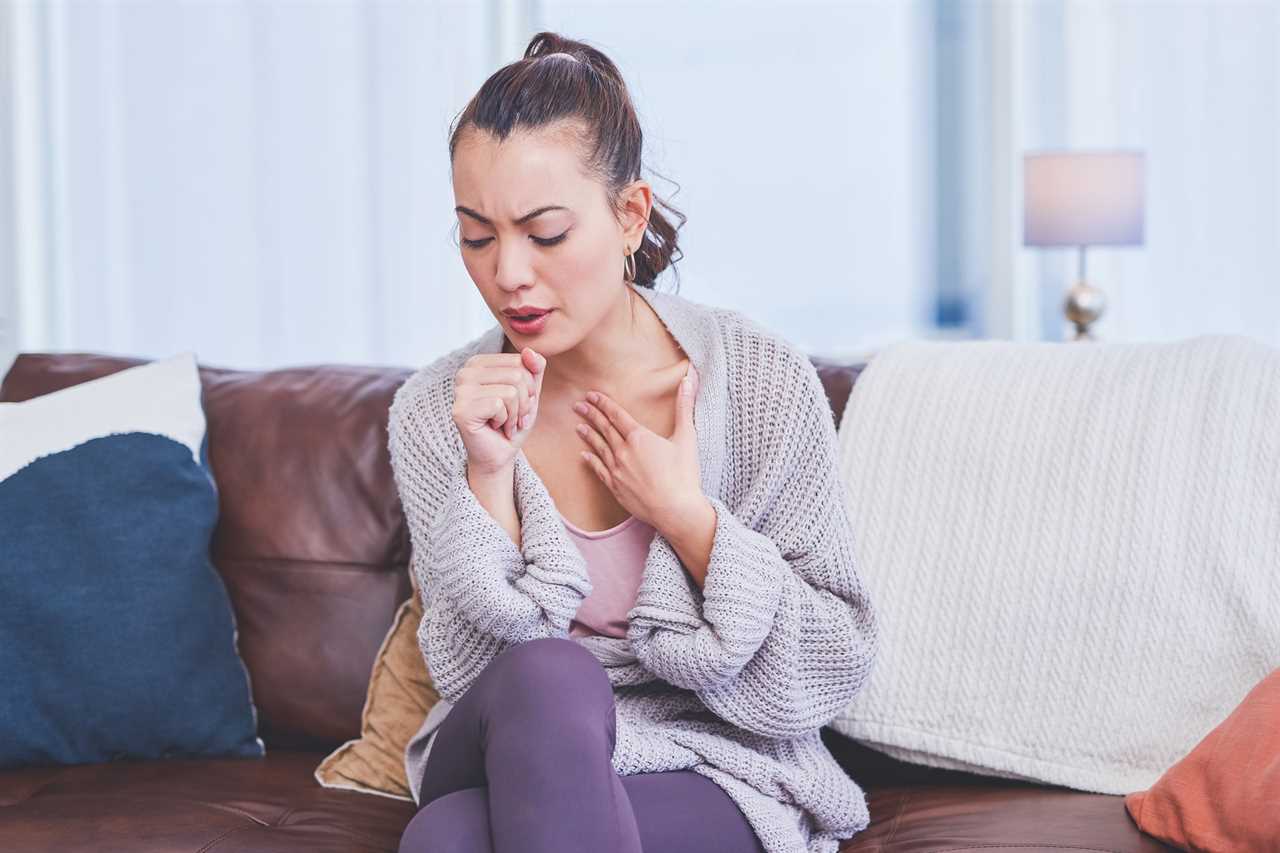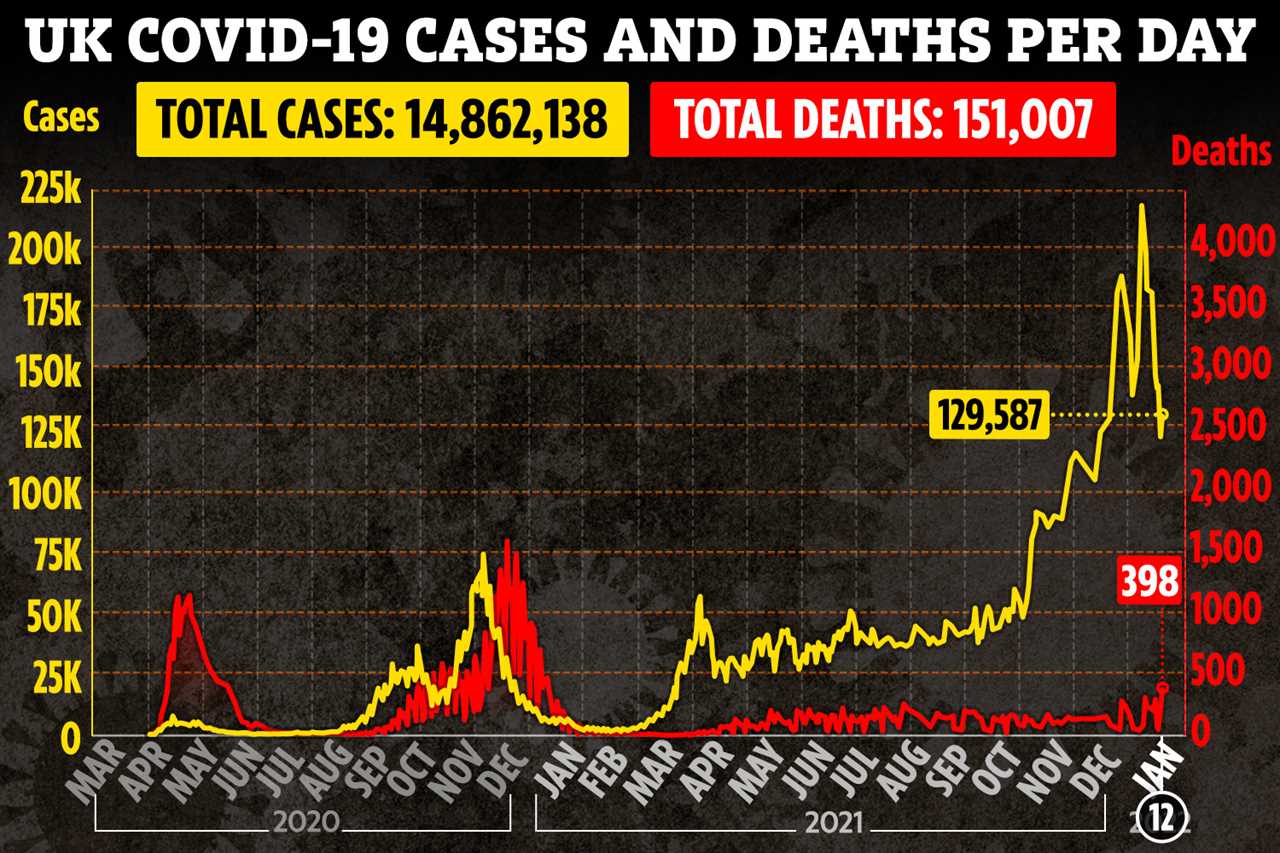SOME long-term Omicron symptoms can last for months – and here is how you can relieve them.
Though milder than previous variants, Omicron can still leave patients with long-Covid symptoms that can be debilitating.


Omicron has been harder to identify as it has been found to blend in with other symptoms of seasonal illnesses such as flu or the common cold.
Covid symptoms can be both physical and emotional but thankfully there is a way to feel better.
It comes as a string of positive studies show Omicron is milder than other strains, with data revealing the risk of hospitalisation is 50 to 70 per cent lower than with Delta.
Covid booster jabs protect against Omicron and offer the best chance to get through the pandemic, health officials have repeatedly said.
Trending In The News’s Jabs Army campaign is helping get the vital extra vaccines in Brits’ arms to ward off the need for any new restrictions and protect the NHS.
And Covid cases have fallen 33 per cent in a week today – as London shows “encouraging” signs of steadily dropping infections.
In the last 24 hours, 129,587 new cases were reported by infected Brits.
This is a huge fall on from the 194,747 infections logged last Wednesday.
But deaths increased significantly yesterday and have remained high today, with 398 new fatalities reported this afternoon.
This fits with the pattern of a Covid wave however – a few weeks on from high cases, deaths are now sadly catching up for those harder hit with the virus.
People recovering from long Covid can experience the following:
- muscle weakness and stiff joints
- extreme fatigue and feeling low on energy
- reduced mobility
- breathlessness
- phlegm build-up
- weaker physical fitness
- loss of appetite and weight loss
- lack of sense of smell or taste
- stomach problems and this includes heartburn, diarrhoea and vomiting
- difficulties swallowing
On the other hand, some people experience a mental and emotional toll from Covid. These include:
- sleep issues – and can affect people who have been in hospital, where it can be difficult to sleep on Covid wards
- Mental fog such as being forgetful and not thinking clearly
- sudden changes in your mood
- depression or anxiety
- nightmares or flashbacks
- post-traumatic stress disorder (PTSD)
- confusion or delirium
But there are ways to relieve symptoms like a build-up of phlegm and that’s through deep breathing.
This technique expands your lungs and helps clear the phlegm.
In order to do this, make sure you’re comfortable and that your chest and shoulders are relaxed and do the following:
- Sit or lie in a comfortable position
- Place one hand on your tummy below your ribs and the other on your chest
- Take a deep breath through your nose while letting your tummy push your hand out. The hand on your tummy should move more than the hand on your chest
- Breathe out through pursed lips like you’re trying to whistle. Feel the hand on your belly go in and use it to push all the air out
- Repeat this three to five times while taking your time with each breath
If you’re still struggling to cope, please contact your GP or visit your local hospital for help.






